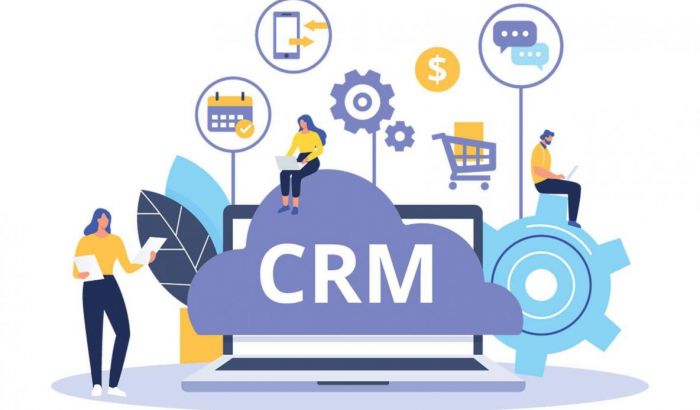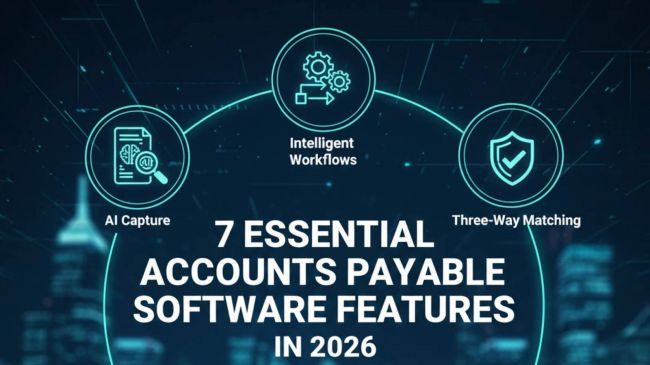n distribution, customer retention isn’t just another line on a performance report; it’s the backbone of predictable revenue. While winning new accounts gets the spotlight, the profit comes from keeping existing customers engaged, satisfied, and loyal.
Modern distributors are recognizing that the difference between a customer who stays and one who drifts to a competitor often lies in how intelligently they use their CRM. When deployed well, CRM technology transforms everyday transactions into strategic opportunities to improve loyalty, anticipate needs, and strengthen long-term partnerships, a trend echoed across executive analyses like Forbes’ deep dive into modern retention strategies.
Here are six retention-driven CRM practices distributors rely on.
Reorder Reminders
Running out of stock can cause headaches for your customers, and it’s not always because they forgot to place an order. Sometimes their own processes are reactive instead of proactive. This is where a CRM paired with strong inventory management practices can change the game. When your system tracks purchase patterns, it can automatically flag when a customer is approaching their typical reorder point. You can then send a timely reminder, before they even realize they’re low.
For example, if a restaurant consistently orders disposables every six weeks, a CRM prompt at week five helps prevent stockouts and keeps their operation running smoothly. This proactive support directly reinforces reliability, a pain point that small businesses frequently mention in discussions such as this Reddit thread about common ecommerce headaches
Personalized Follow-Ups

A CRM can store a lot more than transaction data. The most effective distributors use it to capture the context around each customer. This includes what they prefer, how they like to communicate, and even the small details that make them feel valued. Using distribution software solutions can be especially powerful, because they allow sales teams to automate certain follow-ups without losing that personal touch.
If a customer purchased a new product line for the first time, you can set a reminder to check in after a month to see how it’s working for them. If you know they have seasonal spikes in orders, you can schedule outreach ahead of those busy periods with relevant suggestions. Instead of a generic “just checking in” email, you’re providing value in every touchpoint.
This combination of automation and personalization mirrors the type of smart, creator-centric engagement strategies used in platforms like Sintra AI, but applied to distribution workflows.
Reporting on Dormant Accounts
Every distributor has accounts that go quiet, and it’s easy for them to get lost in the shuffle until it’s too late. A CRM can pull reports that highlight which customers haven’t ordered in a set period of time, giving you a chance to re-engage them before they drift to a competitor. The key is to approach these conversations with a solution-oriented mindset.
Instead of asking why they stopped ordering, consider leading with a new offer, an updated product catalog, or a reminder about value-added services they may not be using. Sometimes the gap is due to a change in their business, and other times it’s because they simply forgot or had a one-time disruption. Either way, catching these accounts early can mean the difference between a quick recovery and a permanent loss.
Service Tracking
When customers report an issue, whether it’s a late shipment, a missing item, or a product defect, they want to know it’s being addressed. A CRM allows distributors to log these service incidents and track them to resolution. This creates accountability for your team and reassurance for your customers.
If someone calls back about the same issue, you can see the full history, including when they first reported it and what steps were taken. This level of visibility not only helps you solve problems faster, but it also signals to the customer that you value their time and concerns.
Over time, consistent service tracking builds trust. Even brands in high-tech fields are leaning heavily on workflow transparency, as highlighted in engineering-focused reviews like the Devin AI autonomous software engineering analysis, and that same philosophy applies to distribution service teams.
Customer-Specific Pricing Visibility
One of the quickest ways to damage a customer relationship is to make them feel uncertain about their pricing. Inconsistent quotes or unclear discounts can create friction and lead them to question your reliability. A CRM can store and display customer-specific pricing so that every interaction matches what they expect.
When sales reps have immediate access to agreed-upon rates, they can respond quickly to inquiries without having to “check and get back to you.” This transparency not only speeds up the sales process but also reassures customers that they’re getting the deal they negotiated, every time.
Proactive Problem Resolution
The strongest retention strategy is anticipating a problem before it becomes one. A CRM can identify subtle drops in order size, slower reorder frequency, or changes in product mix, signals that a customer might be losing interest or facing challenges.
Reaching out early often uncovers hidden issues:
- A shipping delay they didn’t mention
- A product mismatch with their new workflow
- Competitors pitching alternative solutions
This kind of “quiet intervention” shows customers that you’re invested in their success, not just their transactions. It’s the same forward-thinking mindset seen in advanced AI adoption, discussed in analyses like modern AI-driven workflow insights from Sintra and similar tools.
Final Thoughts
Customer retention doesn’t happen by accident. It’s the result of consistent, proactive engagement, something distributors can achieve at scale only with a well-implemented CRM.
Whether you’re sending personalized reorder reminders, catching declining activity early, or delivering transparent service updates, your CRM becomes more than a system of record; it becomes the engine of long-term loyalty.
In a market where switching suppliers is easier than ever, distributors who leverage CRM insights effectively are the ones who keep accounts stable, relationships strong, and revenue predictable.
Post Comment
Be the first to post comment!





